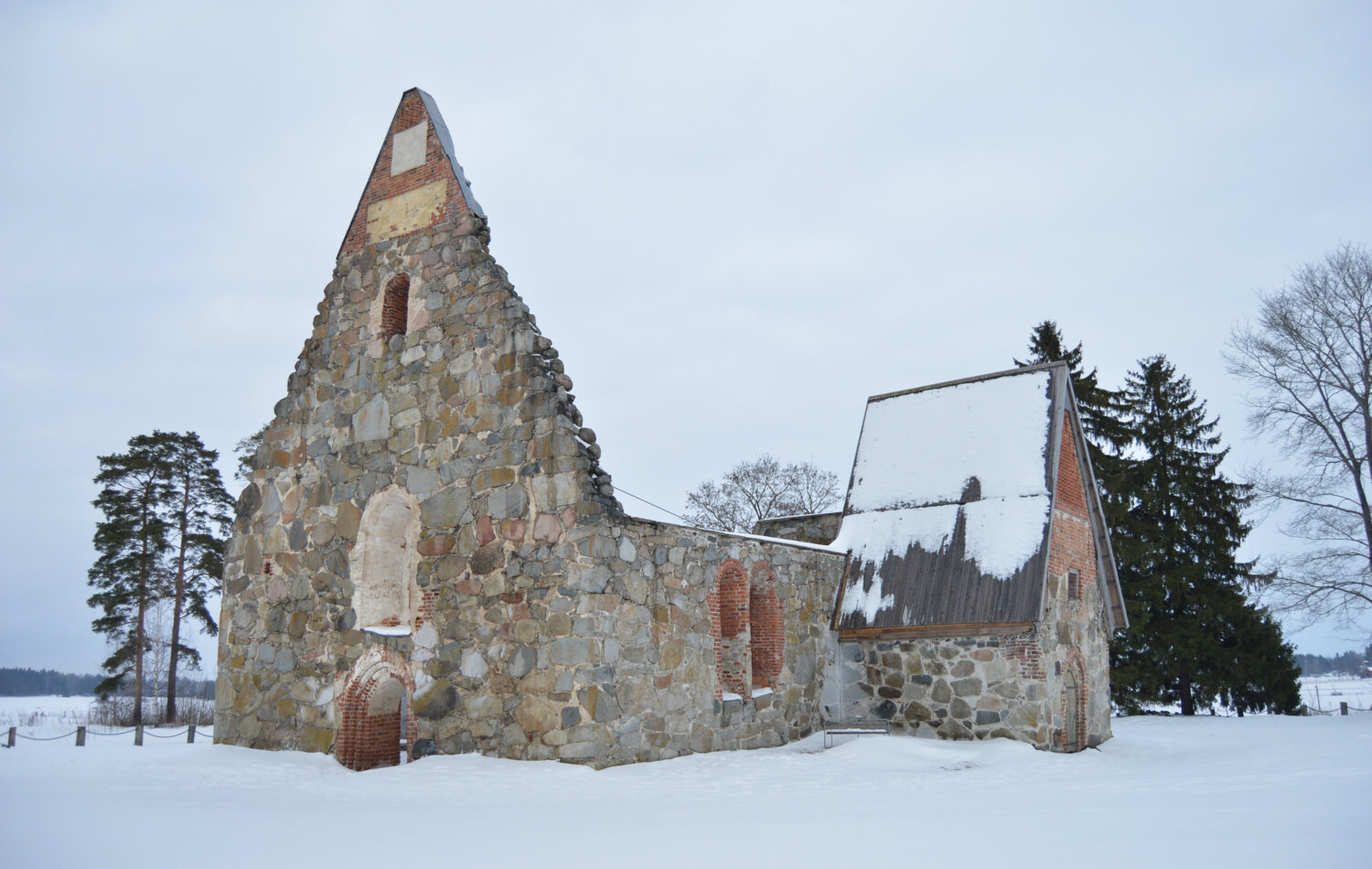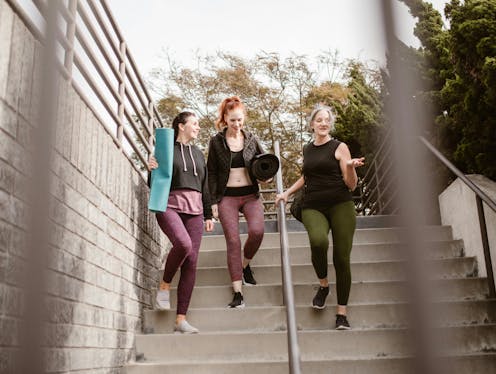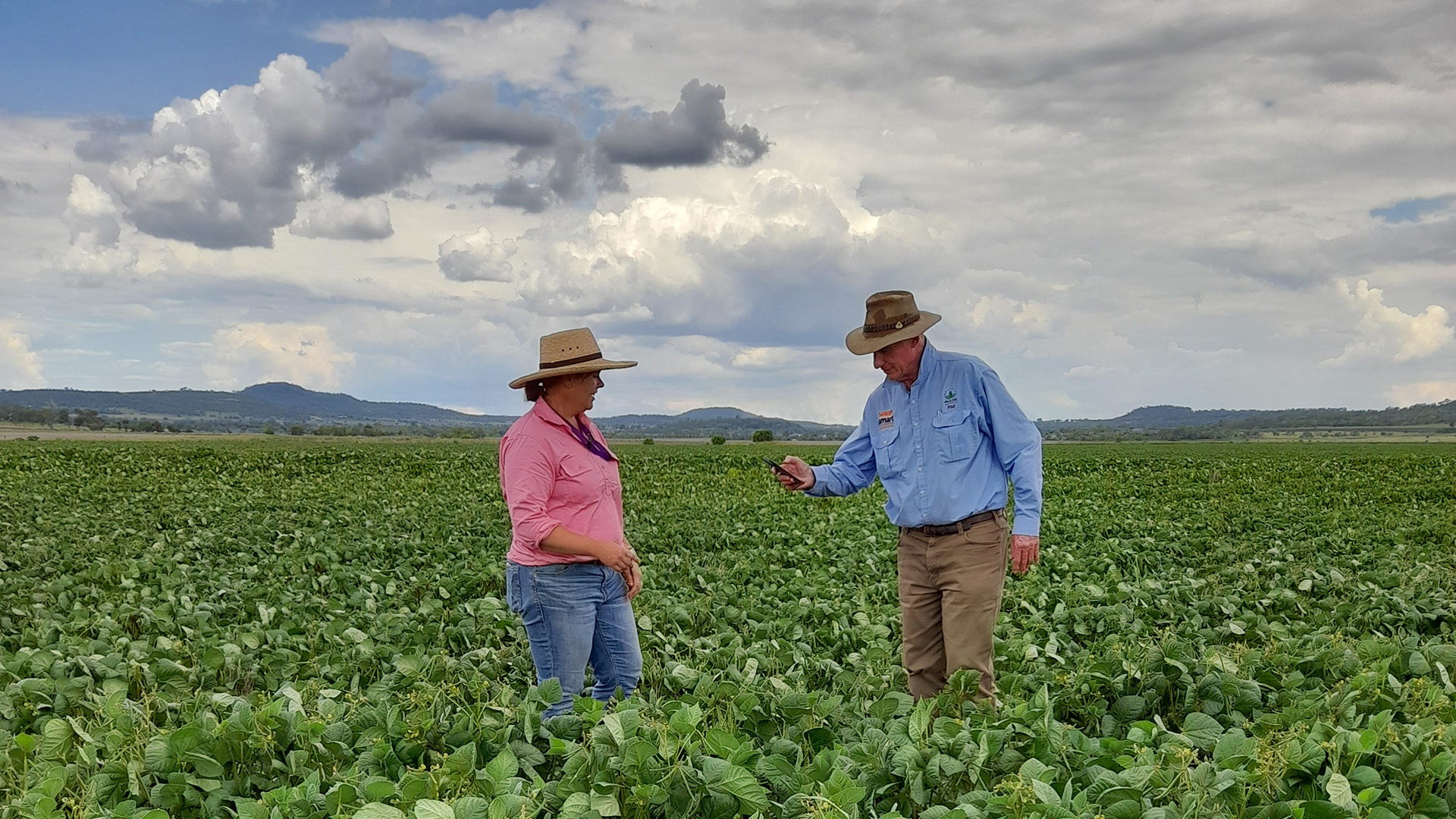A birthing program established by three South East Queensland health organisations has reduced preterm birth rates for Aboriginal and Torres Strait Islander babies by 50%.
Results published in the Lancet eClinical Medicine journal this week highlighted significantly improved outcomes for women having a baby through the Birthing in Our Community program.
Birthing in Our Community was established in 2013 by the Institute for Urban Indigenous Health (IUIH), the Aboriginal and Torres Strait Islander Community Health Service (ATSICHS) Brisbane and Mater Health in Brisbane in response to a need for women who are pregnant with an Aboriginal and/or Torres Strait Islander baby to access culturally and clinically safe care throughout their pregnancy and at birth.
IUIH CEO Adrian Carson says that the improved outcomes demonstrate the success of Aboriginal community controlled health services leading system reform with mainstream maternity services.
“This is an example of a successful partnership making a real difference for our people. Given the impact of this service, we want this model of care and these outcomes replicated for Aboriginal and Torres Strait Islander families across Australia.”
For Jody Currie, CEO of ATSICHS Brisbane, the results highlight the importance of women being able to access culturally safe care.
“Birth is a child’s first ceremony. It is a sacred time for families. So it is important we get it right. Supporting healthy mothers to have healthy births provides our children with their best chance to flourish, and that can truly change their life trajectory”.
Dr Peter Steer, Mater CEO, said that Mater is proud to be working side-by-side with Aboriginal Community Controlled Health Organisations to strengthen services.
“This collaboration shows what can be achieved when committed partners share a vision and work together to achieve positive change. It is also a demonstration of what can happen when services like ours are prepared to learn from, and participate in, Aboriginal-led models of service delivery.”
According to lead researcher Professor Sue Kildea the results were unprecedented.
“This service was built on the best available evidence, knowing that nationally the preterm rates for Aboriginal and Torres Strait Islander babies have not reduced since Close the Gap was announced in 2008. To see a 50% reduction is extraordinary.”
Fellow researcher Associate Professor Yvette Roe said investing in developing an Indigenous workforce to support women has been key to keeping women engaged in the program.
“Every mum at Birthing in Our Community gets their own midwife 24/7 working side by side with a multidisciplinary Aboriginal and Torres Strait Islander workforce to make sure all our women feel confident and safe to access the care they need for themselves and their bubs.”
The full article can be found at:
https://www.sciencedirect.com/science/article/pii/S258953701930094X?via%3Dihub#ec0005







